If the Millennium Development Goals (MDGs) are to be achieved, a serious shortfall in funding must be addressed. This is the stark revelation of the UN’s MDG Gap Task Force report, released today in New York. Introducing the report, UN Secretary-General Ban Ki-moon underlined the importance of the report’s findings, saying “we cannot afford to leave the poor even further behind.”
The number of deaths of children under the age of five declined from 12.4 million in 1990 to 8.1 million in 2009, which means nearly 12,000 fewer children die each day. Some of the world’s poorest countries have also made impressive gains in the fight against poverty, but the least developed countries still lag in efforts to improve living standards.
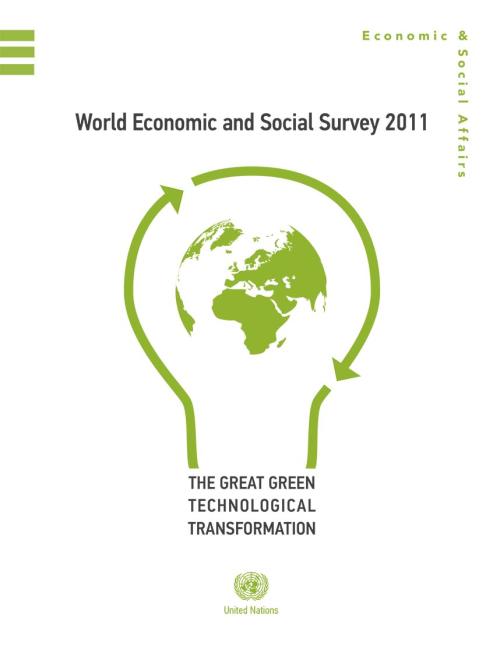
Nothing short of a technological revolution on the scale of the first industrial revolution will be required to meet the challenge of sustainable development. Enormous improvements in human welfare have taken place over the past two centuries, but at a lasting cost of degradation of our natural environment. Continuation along established economic growth paths means that the Earth's capacity to ensure human welfare and serve as a sink for the waste and pollution generated in the creation of that welfare will be exceeded.
The World Economic and Social Survey 2011 analyses the challenges and options involved in shifting to a "green economy" based on more efficient and renewable…
“The economic crisis reminds us that it is essential for people to be healthy, educated, adequately housed and well fed to be more productive and better able to contribute to society,” said Jomo Kwame Sundaram, DESA’s Assistant Secretary-General for Economic Development. “Social policy should be an integral part of economic policy.”
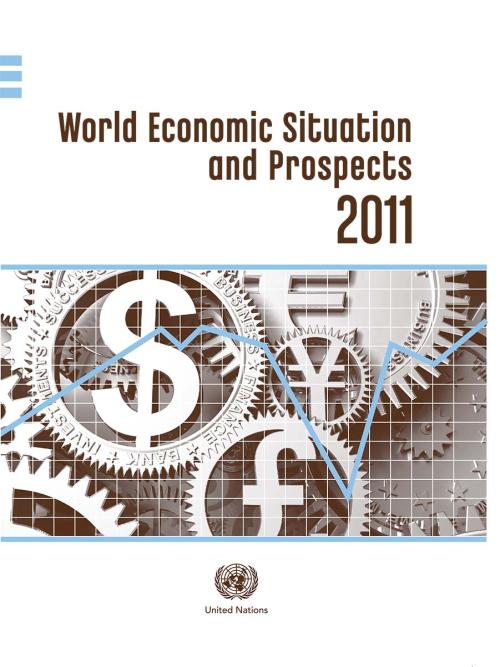
The recovery of the global economy continues, with strong output growth in developing countries and a weaker economic performance in developed countries. Higher energy and food prices have created upward pressure on inflation rates, underpinning the tightening of monetary policy, especially in many developing countries. Employment trends have been improving, but major challenges such as rising long-term unemployment and high youth unemployment in a number of economies remain. World trade of goods and services expanded stronger than expected last year, marking a strong rebound from the severe contraction in 2009 with developing countries, particularly Asian economies with large shares in…

The 2010 Revision of the World Population Prospects is the twenty-second round of global demographic estimates and projections undertaken by the Population Division of DESA. The world population prospects are used widely throughout the UN and by many international organizations, research centers, academic researchers and the media. This new revision was released on 3 May and key findings and projections were presented at a press conference in New York by Hania Zlotnik, Director of DESA’s Population Division. The next revision is due in the first part of 2013.
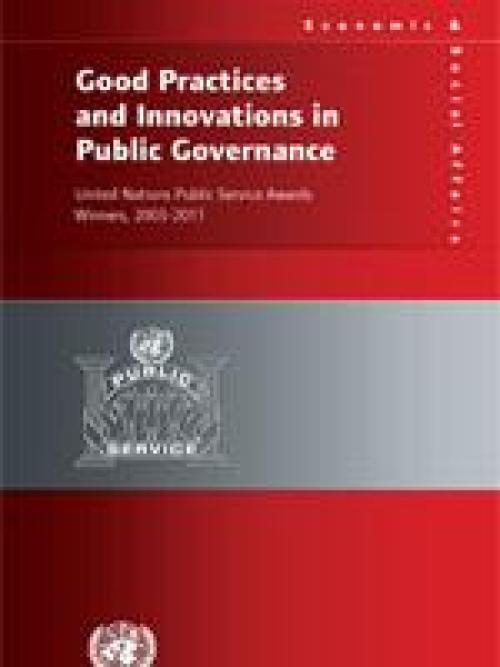
This publication provides an overview of 145 successful innovations in governance and public administration from 50 countries that received the United Nations Public Service Awards, which is the most prestigious international recognition of excellence in public service.
The purpose of the series is to disseminate, through descriptive case studies, information about innovative practices by:
(i) looking at the problem that led to an innovation;
(ii) the solution that was designed and implemented to respond to the specific challenge;
(iii) the actors and steps involved in the innovation process, and
(iv) lessons learned. Learning more about how public…
The perceptions of the role of women and men in families have changed over the past few decades. Men are no longer perceived as the economic providers to families. The role of men in the family has undergone many “diverse demographic, socio-economic and cultural transformations” impacting the formation, stability and overall well-being of families. In light of this development, DESA’s Division for Social Policy and Development (DSPD) launched a new publication on “Men in Families and Family Policy in a Changing World” on 17 February focusing on the shifting roles and views of men in families.
The publication predicts weaker global growth in 2011 and 2012 as the recovery has lost momentum since the middle of 2010. World gross product is forecast to expand by 3.1 per cent in 2011 and 3.5 per cent in 2012, following estimated growth of 3.6 per cent in 2010. The report emphasizes that the outlook remains uncertain, surrounded by serious downside risks. It further indicates that, in the short run, more fiscal stimulus will be needed to reinvigorate the global recovery, but that it will need to be better coordinated with monetary policies and reoriented to provide stronger support to employment generation.
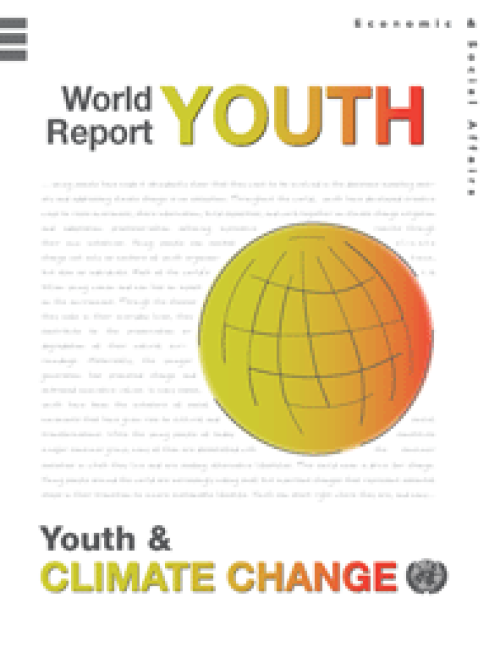
The World Youth Report focus on youth and climate change, and is intended to highlight the important role young people play in addressing climate change, and to offer suggestions on how young people might be more effectively integrated as individuals and collective agents of change within the realm of climate change adaptation and mitigation. The Report is designated to assist youth and youth organizations in educating themselves and to become more actively involved in combating the threat of climate change. It is also meant to affirm the status of young people as key stakeholders in the fight against climate change. The publication comes at a time when efforts to address climate change…
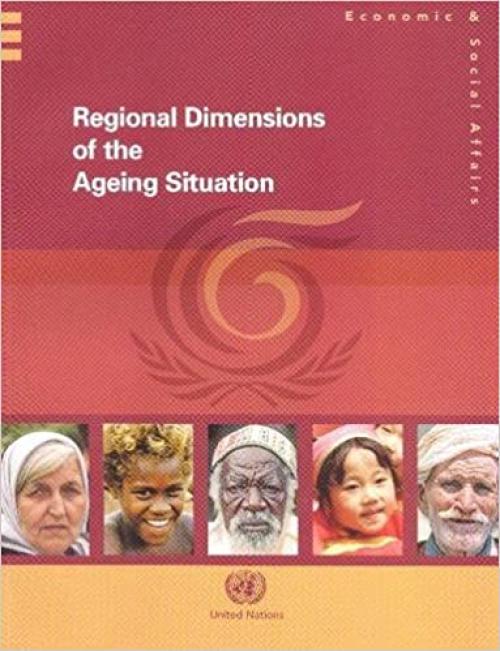
This Publication contributes to the series of events, conferences and publications related to the first review and appraisal of the Madrid International Plan of Action on Ageing. It highlights priorities, as well as recent trends and policy developments, in the five UN regions of the world.
The publication, which is a joint effort of UN staff and international experts, aims to assist national governments, the international community and the public at large to better assess the situation of older persons five years after the Second World Assembly on Ageing. It should better inform the debate on how to align priorities, policy innovations and technical cooperation to implement the…
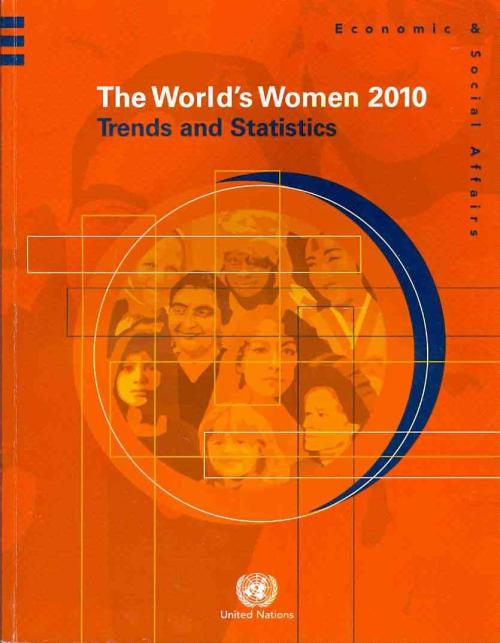
The publication presents statistics and analysis on the status of women and men in the world, highlighting the current situation and changes over time. It was prepared to coincide with and in observance of the first-ever World Statistics Day, 20.10.2010. The report is the fifth in the series which has been published every five years, as called for in the Beijing Platform for Action adopted at the Fourth World Conference on Women in 1995. As in the past editions, the presentation is made in a format and language that non-specialists can readily understand.
 Welcome to the United Nations
Welcome to the United Nations